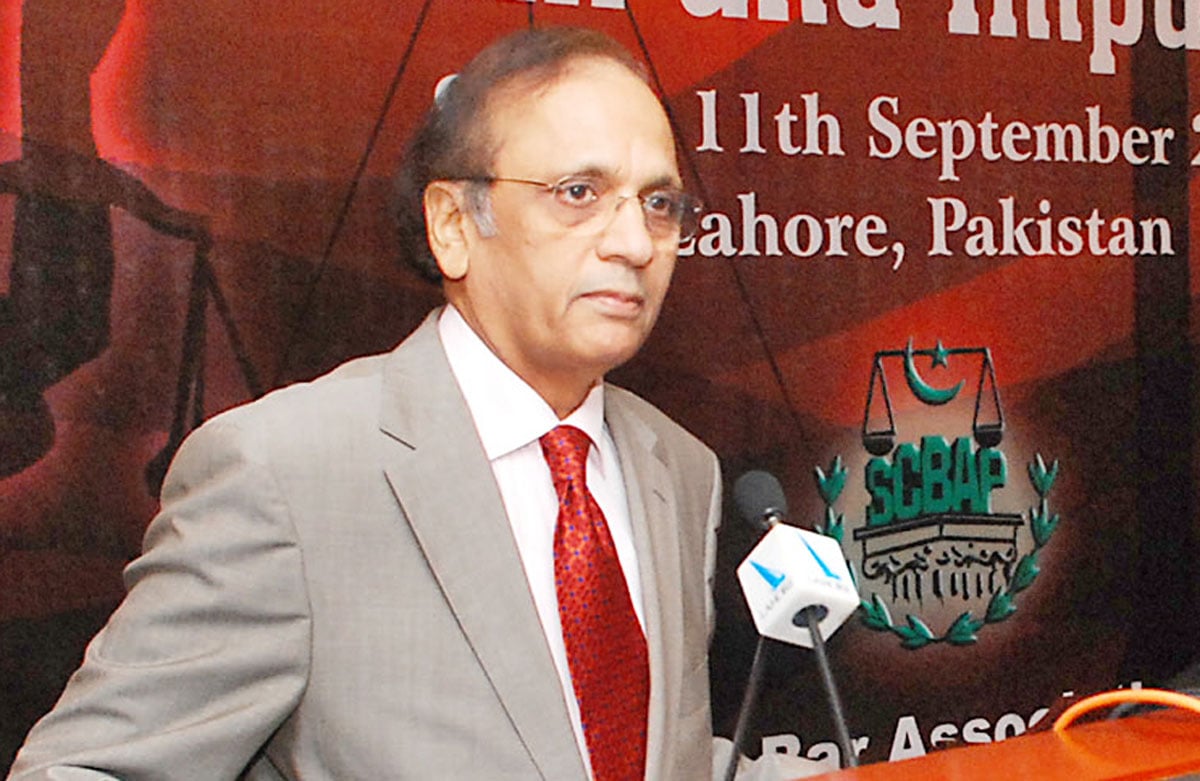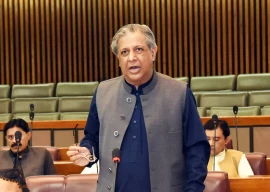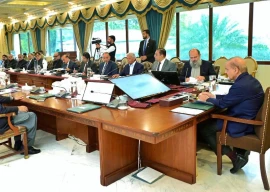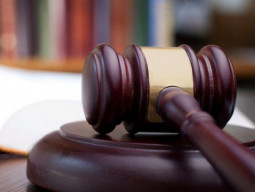
ISLAMABAD:
Chief Justice Tassaduq Hussain Jillani on Friday stressed the judiciary’s role in promoting a culture of tolerance in Pakistan.
“The judiciary has a role to play by effective enforcement of law because we believe that it is the law that liberates an individual, a society or a nation. The judiciary through its verdicts can also promote the values of trust, of tolerance, of protecting minorities and the weaker sections of the society,” he said while addressing the inaugural session of International Judicial Conference 2014.
The chief justice said Pakistan like other transitional democracies had had its share of societal conflicts, reflecting the sectarian, racial, ethnic and political divides. He added that these conflicts had led to violence.
“Protection of minorities is not only amongst the Principles of Policy expressed in our Constitution – and, therefore a legal duty for us as Pakistanis – but is also a universal value and, more importantly, an integral pillar of Islam,” he said, adding that Pakistan had also adopted in 1995 Unesco principles on tolerance.
He said the Supreme Court had taken suo moto notice of a bomb attack on a church in Peshawar and other issues of minorities’ rights.
“These matters are highly sensitive, not only because these speak of our commitment to protecting minorities residing within the country but also because these are likely to define the parameters of the future of Pakistan as a tolerant and inclusive State,” he added.
The chief justice said the SC needed to define appropriate limits for the exercise of its jurisdiction under Article 184(3), which allowed it to directly take notice of matters of public importance emanating from a violation of any of the fundamental rights guaranteed under the Constitution.
“The Supreme Court needs to ensure that in its zeal to do good, it does not neglect to define appropriate limits for the exercise of its jurisdiction under Article 184(3).
“Anything short of that would be tantamount to encouraging frivolous and motivated petitions and subverting the purpose of Article 199, which would in turn negate the underlying intention and rationale of Article 184(3),” he added.
He said the top court should respect jurisdiction of high courts, while entertaining petition under Article 184(3) of the Constitution.
Published in The Express Tribune, April 19th, 2014.


































































COMMENTS
Comments are moderated and generally will be posted if they are on-topic and not abusive.
For more information, please see our Comments FAQ